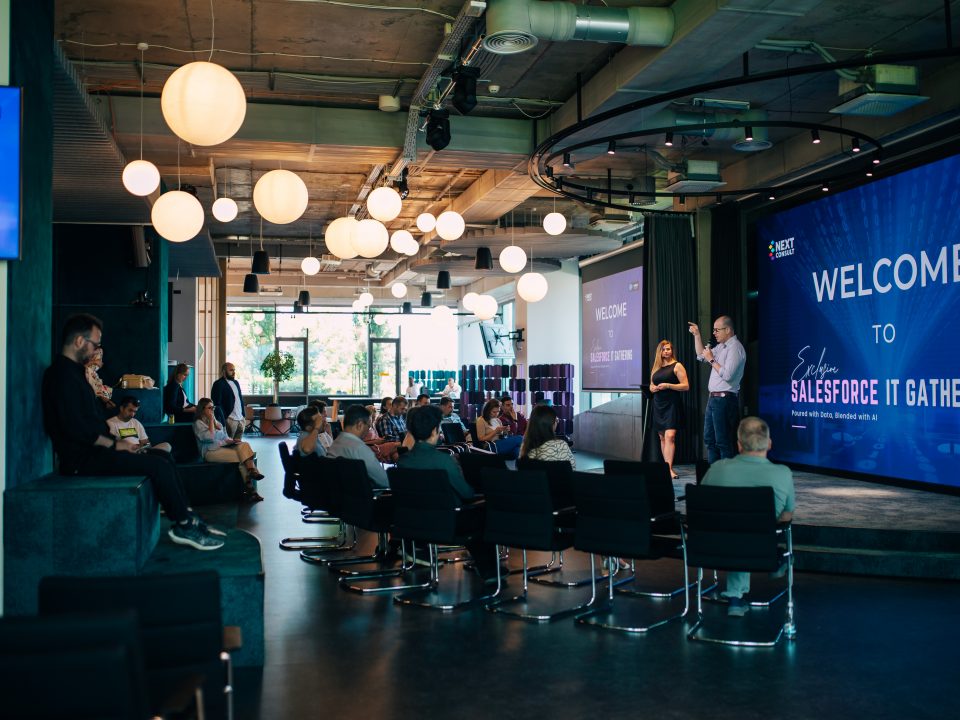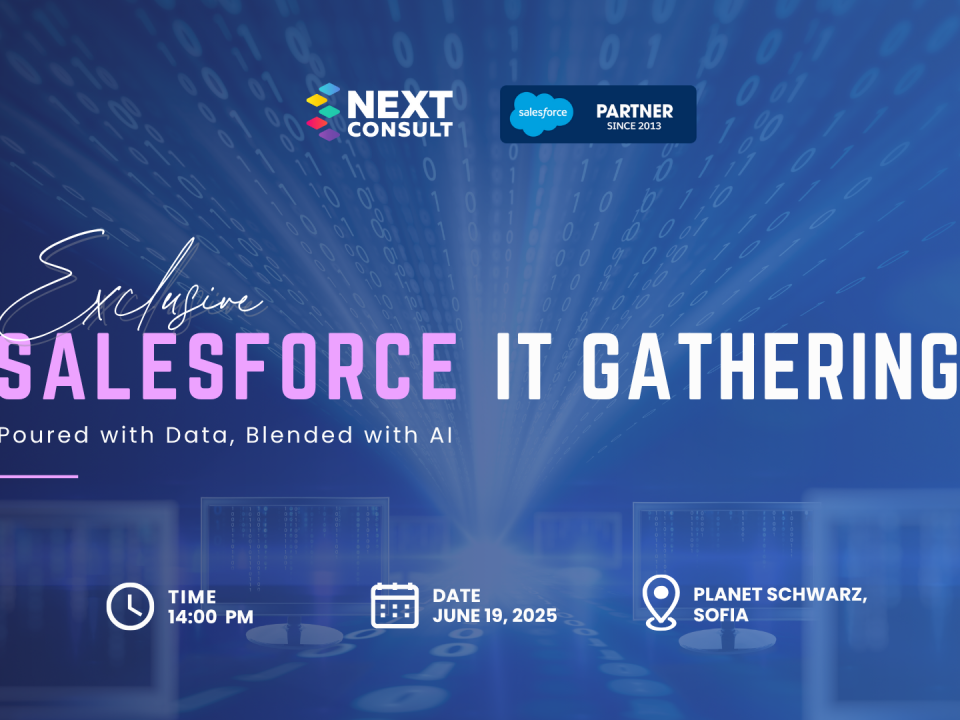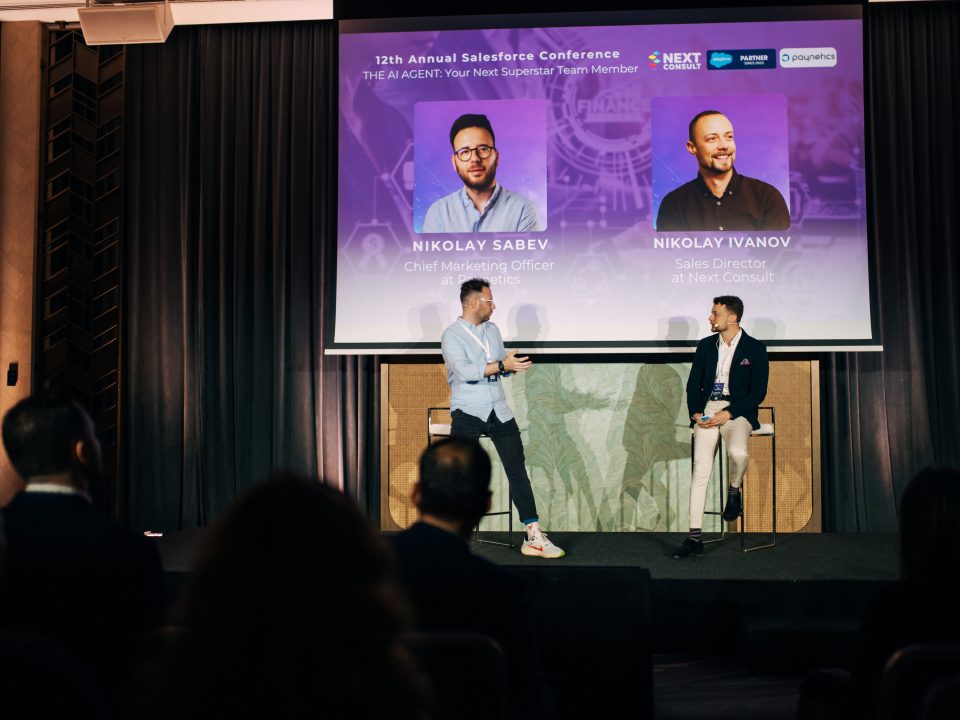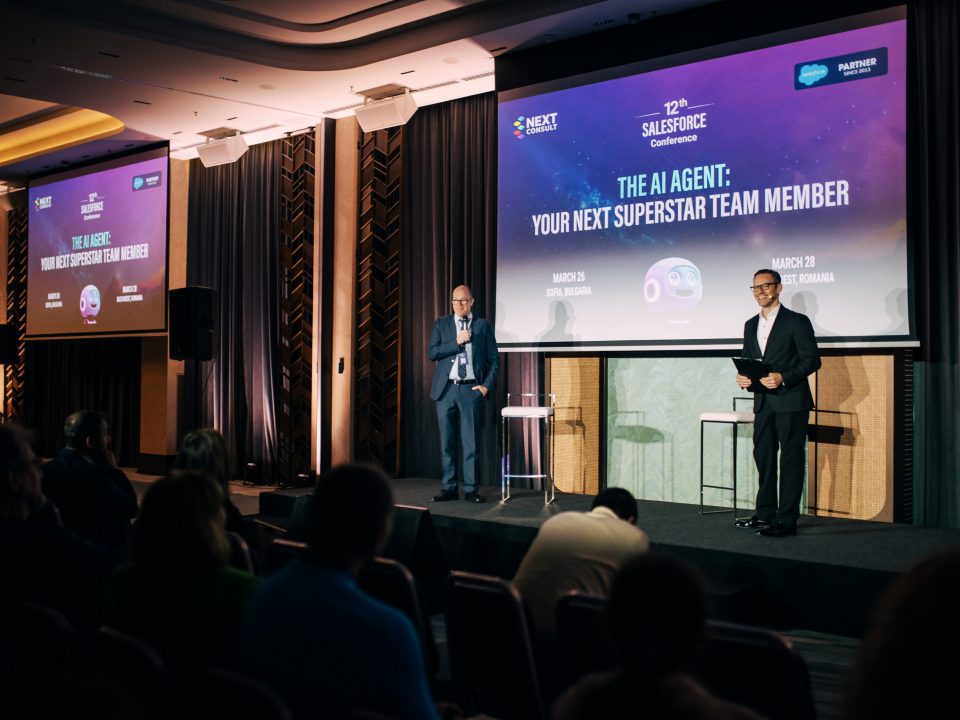
Technology and people - an interview with Jan Skvaril, Client Success Partner at Next Consult
Friisberg & Partners spoke with Jan Skvaril, who as a Czech, has lived in Bulgaria for the last 17 years, and acts in NEXT Consult as a Client Success Partner
See the original article by Friisberg & Partners here
The IT industry has been developing rapidly for many years. What have been the major growth drivers for your business?
2020 and 2021 were golden years for technology companies. The Covid pandemic has accelerated digital adoption and transition to the cloud, it has also driven the development of new products and services. Financial institutions which were relying heavily on customers visiting their branches had to react very quickly and fully digitalized their marketing, sales and customer service processes. Many sectors were pushed to online sales and cashless payments. That is why our company has experienced 40% growth year over year.
HR professionals sometimes see technologies as an enemy, which reduces people’s interactions and spoils a company’s culture. What is your opinion about the balance between people and technology?
Around half of all existing work activities could be automated in the next few decades using Robotic process automation (RPA) technology. Just like people, software robots communicate with systems and applications to speed up processes and reduce the workload on humans.
One HR professional may find this technology invasive, as it could lead to headcount reduction. The truth is the opposite. RPA enables organizations to shift employees’ attention from low-value tasks to higher-value ones that deliver better customer experience and ultimately support revenue growth.
For example, customer service representatives once spent a significant amount of time gathering data for different customers’ requests. This limited the time they had to directly engage with customers in consultative conversations. But, now, software robots handle that gathering work, giving employees more time to engage directly with customers about meeting their needs. In addition, the shift to more valuable work makes employees more engaged.
What major technology trends do you expect for the forthcoming years?
By 2025, more than 50 billion devices will be connected to the internet. Robots, automation, 3D printing, and more will generate around 79.4 zettabytes of data per year. Far-greater network availability, powered by 5G, will drive broad shifts in the business landscape towards digitalization.
At the same time, the enormous digitalization creates challenges for data security. Even before the Covid pandemic, more than 8.5 billion data records were compromised. Despite advances in cybersecurity, criminals continue to redouble their efforts.
I predict we’ll see huge growth in the area of security technology and high demand for security experts.
It is a general observation that the Covid pandemic affected the staff turnover. What has been the situation in the IT industry?
For a decade now, the IT sector has not only been one of the fastest-growing business segments in our region, but also the industry that provides its employees with opportunities for a high standard of living, and steady income growth.
We introduced the home office long before the pandemic so we did not have many challenges to keep working under any new business conditions.
Like in other industries we observed a sharp reduction in staff turnover due to uncertainty. Currently, we experience industry dynamics that makes us innovate people management every day to stay competitive in the industry.
About Jan Skvaril
His experience is a blend of consulting, technology, and hands-on managerial experience. He has spent 17 years in business & IT consulting, 10 of which were in Deloitte across Central and Eastern Europe. Jan has also 8 years of experience in managing leading distribution, logistics, and manufacturing businesses in Bulgaria.
NEXT Consult is an international business consulting and digital transformation firm, operating primarily in SouthEast Europe. It was established in 2010 by former senior executives from Deloitte, Microsoft, Oracle, and SAP. They are a client-obsessed team of diverse talent with 100 professionals from 6 nationalities, and it represents the world’s leading technology vendors – Salesforce, SAP and UiPath

About Friisberg & Partners International
Friisberg & Partners International is a consulting firm with solid experience in executive search, coaching and mentoring, ability assessment, management audits, network advisory, and more. Their expertise, innovation, and personal approach have a wide reach through their offices in dozens of the world’s major cities.






